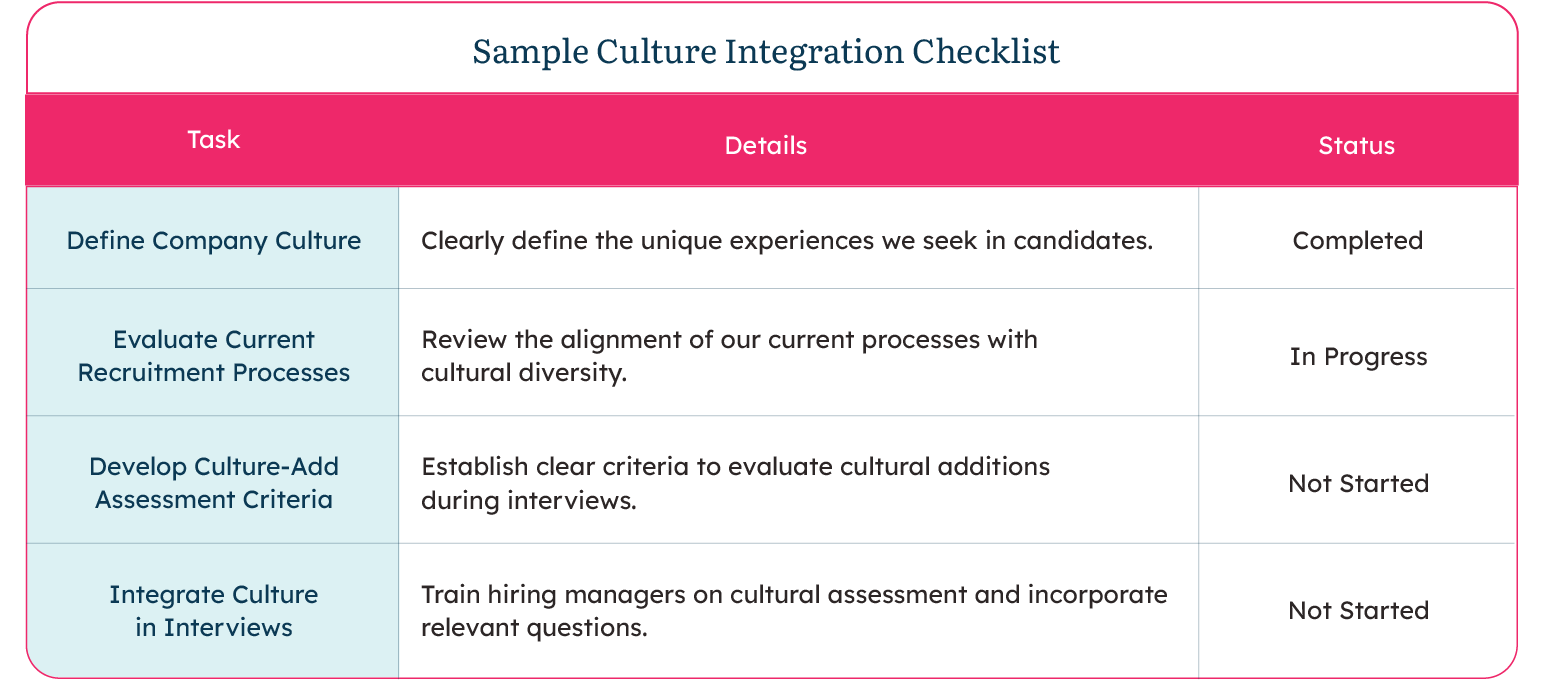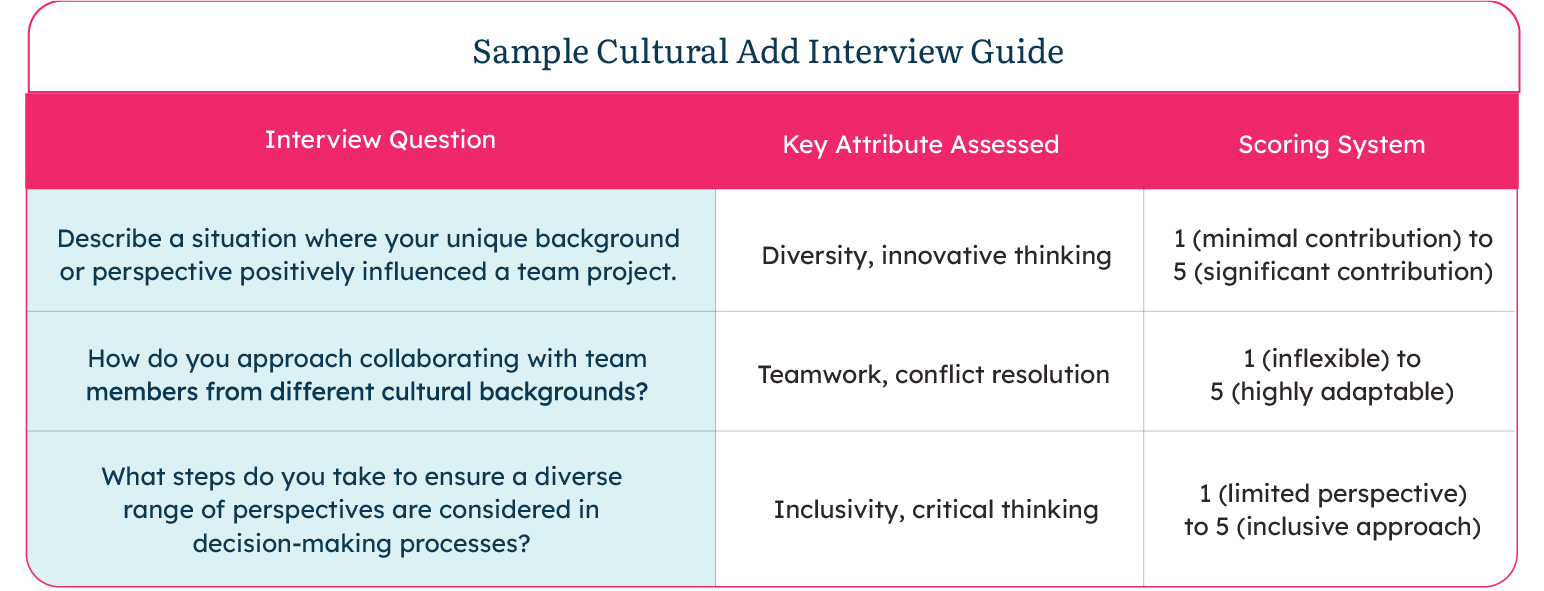These days, retaining top talent is as high of a priority as attracting it. Companies face the double-edged challenge of not just finding suitable candidates in a sea of talent but also keeping them motivated and in it for the long haul. Today’s blog will take a closer look at how to foster a work environment where employees show up, clock in, and want to stay on board.
Why Employee Retention Matters in a Competitive Market
Let’s face it: talent has options nowadays and isn’t tied to accepting the first offer they get. In this age of candidates getting to play the field, retaining your best employees becomes the best way to sharpen your competitive edge. Understanding the fundamentals of retention can help your workforce become – or stay – a stable, committed team.
FAQ: How do you do employee retention?
Keeping your top talent on board (and off LinkedIn) involves a mix of heart and strategy. You need a blend of a supportive work environment, chances for career growth, open communication, regular pats on the back, and giving folks a reason to care about what they’re doing.
Employee retention is important for any organization to stay consistent and keep growing. Plus, high turnover rates can cost more than you think, with expenses potentially reaching up to twice an employee’s yearly salary. For a company with 100 employees and an average salary of $50,000, this could translate to up to $2.6 million per year in costs, as reported by Gallup.
Research from The London School of Economics and the University of Pennsylvania indicates that firms with lower turnover rates are more profitable and have happier and more productive employees. High turnover rates lead to even more unseen costs associated with recruiting and training new employees, along with losing institutional knowledge and having lower morale among the remaining staff. Effective retention strategies don’t just save money; they can keep your company culture strong and thriving.
Ways to Encourage Long-Term Employee Retention
Cultivate a Supportive Work Environment
A supportive work environment is foundational to employee retention. Employees who feel valued and part of a cohesive team are more likely to stay committed to the company. In fact, WorkHuman found that 68% of employees plan to stay at their organization for five years or more when their recognition needs are fulfilled.
- Promoting Team Collaboration: Building a collaborative work environment can increase employee satisfaction and retention. Encourage teamwork through projects that require cross-departmental cooperation and use team-building activities to strengthen bonds between coworkers.
Effective communication across teams generates 4.5 times higher talent retention, and one-third of HR specialists agree that collaboration impacts employee morale.
- Ensuring Fair Management Practices: Managers also play a crucial role in employee retention, so it’s important to train them in project management, leadership, and communication skills. Gallup research revealed that 52% of employees who choose to leave their jobs feel that their departure could have been prevented if their manager or organization had taken actionable steps to retain them. This emphasizes the importance of employees feeling respected and fairly treated by their managers and how valuable it is to ensure they have a strong, understanding relationship.
Leverage Career Development
Career development is not just a pathway to greater productivity—it’s a crucial pillar in employee retention strategies. Offering growth opportunities aligns employee ambitions with company goals, which makes people want to join the team and stay on board. Here’s how to do it:
- Personalized Growth Plans: To create a workplace where everyone can grow, companies need to make career plans that fit what each employee wants and needs. This way, it shows that the organization really cares about its employees’ futures, not just the work they do. Doing this helps keep great employees around and motivates everyone to do their best, which can only help the team over time.
- Mentorship Programs: Starting mentorship programs helps share knowledge and guide employees in growing their careers, potentially making them more engaged and loyal to the company. Plus, you never know what kind of bonds can be forged between mentors and mentees. Taking the opportunity to foster strong relationships through mentorship is worthwhile, especially since Gallup data shows that having a best friend at work strongly correlates with better business outcomes, such as profitability and retention.
FAQ: What is a retention process?
A retention process involves strategies and practices employed by an organization to keep its employees engaged and committed. It’s a mix of things: a supportive environment, career growth opportunities, open lines of communication, recognizing employee achievements, and fostering a sense of purpose.
Communicate Openly and Provide Feedback Frequently
Open and ongoing communication is essential for understanding and addressing the concerns and needs of employees. Regular feedback mechanisms help build trust and lead to continuous improvement and satisfaction.
- Regular Check-Ins: Regular one-on-one check-ins allow managers to connect with their team members, provide feedback, and discuss any issues or concerns. This open line of communication can prevent small problems from snowballing into bigger issues.
- Employee Surveys: Conduct anonymous surveys to gather honest feedback about the work environment, culture, and management practices. Use this information to make informed changes and improvements.
Recognize Employees’ Contributions
Recognition is a powerful tool for boosting employee morale and retention. It signals to employees that their contributions are valued and essential to the company’s success.
According to Gallup and WorkHuman, employees who receive recognition from leaders only a few times a year are:
- Five times more likely to be actively disengaged
- 74% more likely to say they do not plan to stay with the organization for another year
- 27% more likely to be struggling
You can combat this by implementing recognition programs that publicly acknowledge employees’ hard work and successes. Recognition helps individuals feel valued and appreciated by their peers and superiors.
FAQ: How do you retain employees without money?
Retaining your team without breaking the bank is totally doable! Think bigger about career growth opportunities, how you shape your work culture, fostering open lines of communication, regularly recognizing what they’re doing right, and contributing to their sense of purpose. It’s all about making work feel rewarding and meaningful and doesn’t necessarily need to increase costs.
Foster a Sense of Purpose
Employees who connect their personal values with their work are more engaged and motivated. Fostering a sense of purpose within the workplace can significantly strengthen employee retention.
A survey by Great Place To Work of over 1.3 million U.S. employees revealed that workers are 2.7 times more likely to stay with their employer when they find their work meaningful.
Aligning Work with Corporate Values: Help employees see how their work contributes to the company’s overall goals. When employees understand their role in the company’s success, they understand their piece of the puzzle a little better and know the value they bring to the table.
Corporate Social Responsibility (CSR) Initiatives: Want to really engage your employees? Try linking up CSR activities with their values and interests. It’s incredible how participating in charitable activities can boost morale and bring everyone closer together, strengthening team cohesion. It’s all about creating those meaningful experiences that resonate on a personal level, making work about more than just the day-to-day tasks.
Keeping your best people on board means doing a lot of things right at once. You’ve got to build a work environment that’s supportive, engaging, and rewards great work. Get this mix right, and you’ll keep your current stars happy, plus draw in top talent looking for bosses who value their team. It’s all about creating a culture where everyone feels respected and has room to grow.
Connect with us to develop a more efficient employee retention strategy that saves time and retains the top talent your business needs. Reach out now to get started.




